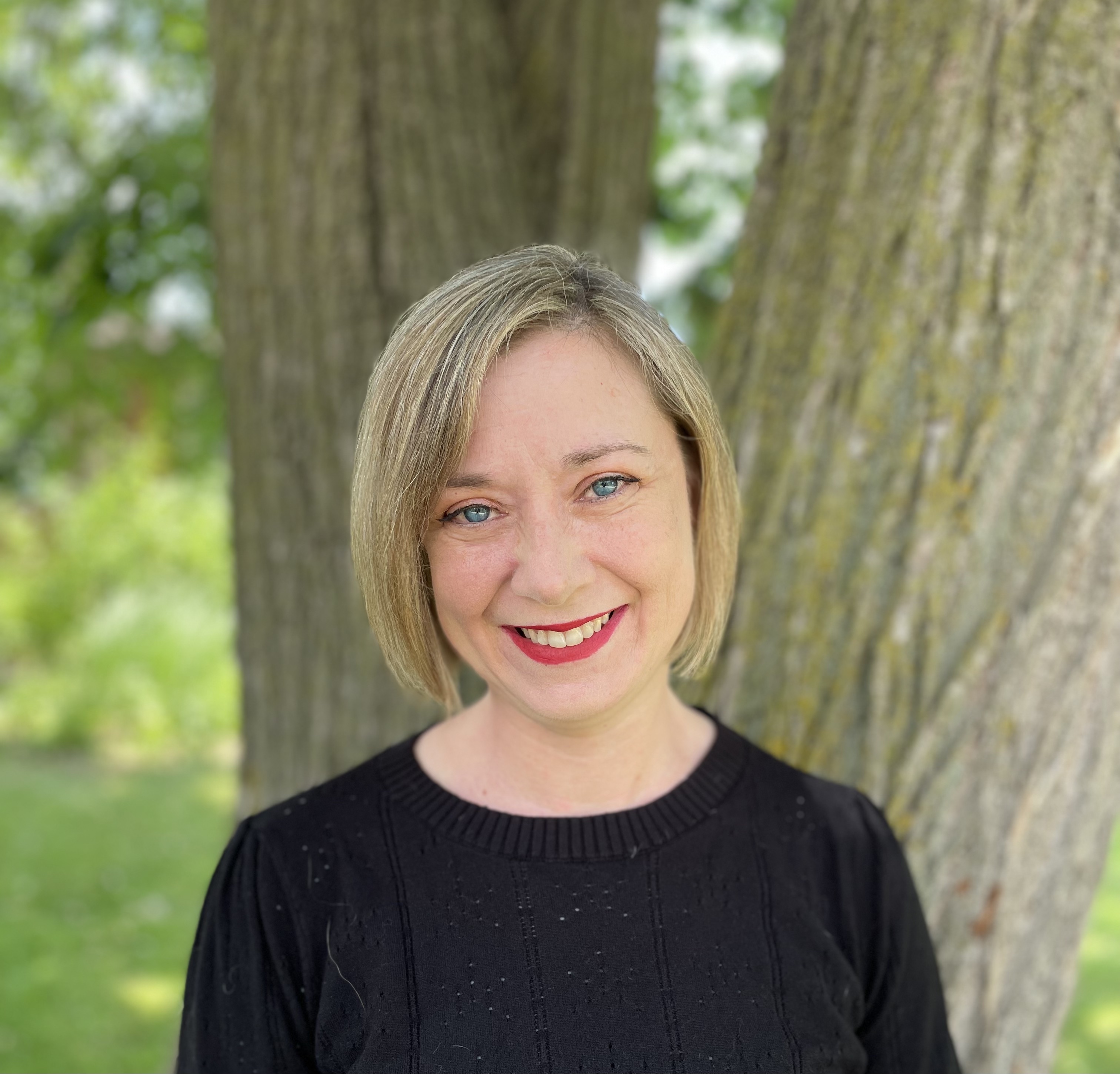Invited Talk 2: Decolonization and Metadata
- Starts at
- Mon, Nov 6, 2023, 12:00 South Korea Time
-
(
06 Nov 23 03:00 UTC ) - Finishes at
- Mon, Nov 6, 2023, 13:00 South Korea Time
-
(
06 Nov 23 04:00 UTC ) - Venue
- Gyeongha Hall 1
- Moderator
- Hussein Suleman
Moderator
-

Hussein Suleman
University of Cape Town
Hussein Suleman is Professor and Head of the Department of Computer Science at the University of Cape Town. His main research interests are in digital libraries, ICT4D, African language Information Retrieval, cultural heritage preservation, Internet technology and educational technology. He has in the past worked extensively on architecture, scalability and interoperability issues related to digital library systems. He has worked closely with international and national partnerships for metadata archiving, including: the Open Archives Initiative; Networked Digital Library of Theses and Dissertations; and the NRF-CHELSA South African National ETD Project. His recent research has a growing emphasis on the relationship between low resource environments and digital library architectures. This has evolved into a focus on societal development and its alignment with digital libraries and information retrieval. He is currently collaborating with various colleagues in digital humanities groups to develop a proof-of-concept and experimental low-resource software toolkit for digital repositories; this reconceptualision of the architecture of digital repositories will arguably lower the bar for adoption and reduce the risk of data loss for archivists in low-resource environments.
Presentations
Listening, Learning, and Change: Decolonization and Metadata
The Truth and Reconciliation Commission (TRC), struck by the Government of Canada as part of the Indian Residential Schools Settlement Agreement, was a significant undertaking, taking place over six years, with 6500 witnesses and numerous national events. The TRC “created a historical record” of the Indian residential school (IRS) system. In the IRS system Indigenous children were taken from their homes and families and into a program of forced assimilation. Thousands of children never returned to their families, with unmarked burials of children estimated to be 3200. The TRC completed its work in 2015 with the release of 94 “calls to action”, numerous reports, and millions of documents. The Canadian government exhorts all Canadians to learn the terrible history of the Schools. The records are now housed at the National Centre for Truth and Reconciliation.
Metadata may seem to have a distant relation to the TRC. However, encapsulated in the idea of “truth and reconciliation” are essential lessons for the metadata community as we grapple with what it means to implement ethical practices and move with intention toward decolonization. In the last few years, the term “decolonization” has found its way into an increasing number of conference programs and the wider public. Stories on the tensions between colonial governments, cultural materials, and the return of ancestors and cultural materials to their originating communities have made their way into items from major international news outlets. For example, questions of ownership and provenance and rights frameworks such as the United Nations Declaration on the Rights of Indigenous Peoples challenge the limits and frameworks of copyright regimes of many nation-states and systems and practices and conceptual underpinnings related to the data encoding. Information related to the encoding of provenance and the description continues to emerge as cultural organizations such as libraries and archives work to match policies of return and restitution with descriptive and metadata practices that were created and maintained with no regard for. However, what “decolonization” means is unclear.
This talk will work through the term “decolonization” to discuss how colonization and colonial ways of thinking and being are woven into the fabric of most metadata schemas and standards, including Dublin Core and discuss vital issues and opportunities facing the DCMI and wider standards community. The Honourable Murray Sinclair, Chair of the TRC, has said, “Education is the key to reconciliation. Education got us into the mess, and education will get us out of it.” Listening and learning are crucial actions along the path to lasting structural change.
-

Stacy Allison-Cassin
Dalhousie University
My initial career plans were to be a professional orchestral musician. When I decided that was not a path I wanted to continue to pursue, I was delighted to find a new path in music librarianship—a career that allowed me to combine my knowledge and passion for music with my love for libraries. I also discovered I have a love of classification, metadata and information systems. Something I fostered as a music cataloguer at York University and later in roles related to digital humanities and linked data. I am Citizen of the Métis Nation of Ontario and I have long been active in research, and professional and community work related to social justice and equity. I am a community lead in the National Knowledge and Language Alliance where I am co-lead of the Respectful Terminology Platform Project, a project working to create a vocabularies related to Indigenous peoples, places, and cultures. I believe strongly in finding ways to make access to information more equitable.

